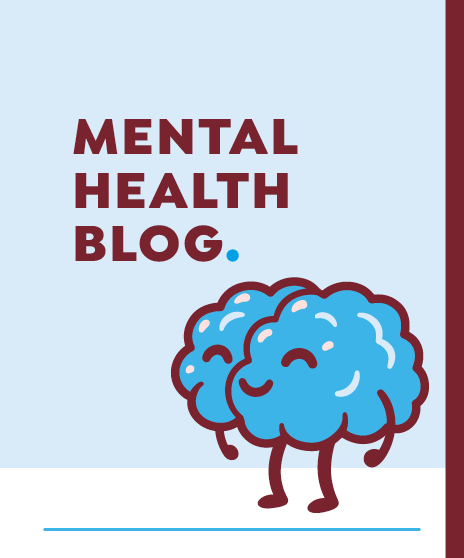Learn about the signs and risk factors of mental health concerns among seniors
Mental health is a global issue that impacts people of all ages, but older adults are at an increased risk of suffering from conditions such as anxiety, depression and cognitive impairment. In fact, the World Health Organization (WHO) found that over 20% of adults age 60+ experience at least one type of mental or neurological disorder. The National Council on Aging reported that older adults account for 18% of suicides even though they only make up 12% of the total population in the United States (U.S.), and men 65 years and older have the highest rate of suicide in the U.S.
The likelihood of experiencing stressful and traumatic life events increases as people age, like the diagnosis of a serious illness or losing a loved one. The natural process of aging can also take a toll on older people as physical challenges like reduced mobility, chronic pain and loss of hearing or vision require individuals to become more dependent on others. In retirement, seniors often experience a drop in socio-economic status in addition to isolation and loneliness, which contribute to psychological distress. They are also at risk of suffering from elder abuse in the form of physical, verbal, psychological, financial and sexual abuse, as well as abandonment and neglect.
All of these factors can cause seniors’ mental health to deteriorate. It’s important to learn how to identify when an older adult is suffering and what steps can be taken to get them the care they deserve.
What are the signs?
The National Institute of Mental Health provides a comprehensive list of warning signs to watch out for, including:
- Changes in mood, energy levels or appetite
- Difficulty sleeping
- Sleeping too much
- Restlessness
- Engagement in high-risk activities
- Irritability or aggression
- Substance abuse and misuse or alcohol and drugs
- Obsessive thinking and compulsive behavior
If you recognize one or more of these signs in a loved one or in yourself, help is available. Older adults should be screened regularly for risk factors and signs of depression.
How can I address mental health concerns?
There are plenty of ways to help yourself or a loved one in dealing with mental health concerns. Keeping the mind and body both active and engaged improves overall health. The U.S. Department of Health & Human Services provides a list of healthy habits that contribute to health aging:
- Exercising and staying active
- Connecting to and socializing with people in your community
- Maintaining a healthy diet
- Finding healthcare that works for you
Learn about these healthy behaviors and more on their website. The National Institute of Mental Health also provides extensive mental health resources for older adults. The National Institute on Aging also provides an extensive list of resources and information for older adults looking to educate themselves on their mental health and physical wellbeing.
The Friendship Line is a 24-hour toll-free hotline for older and disabled adults, as well as caretakers looking for crisis intervention, emotional support, well-being check-ins and information and referrals.
The new 988 Suicide & Crisis Lifeline is active and available via phone call, text and chat for those in experiencing emotional distress and/or suicidal crisis. The old lifeline number, 1-800-273-8255 remains available, as well.
Educating people and reducing the stigma around mental health is crucial in preventing older adults from suffering conditions like depression and anxiety. Make sure you know how to help yourself and your loved ones get the treatment and care that everyone deserves.
Book an appointment today.
Book an appointment with your primary care provider today. Don’t have a healthcare provider? Book an appointment with one of our P3 Medical Group providers.

